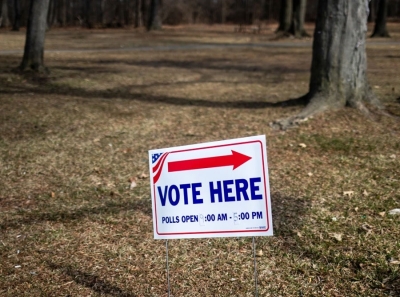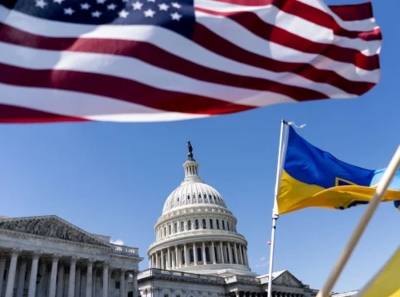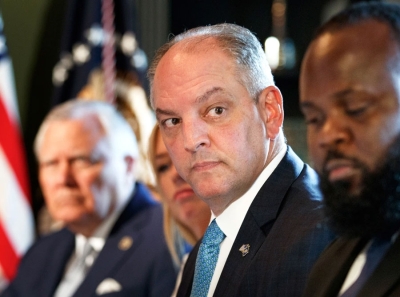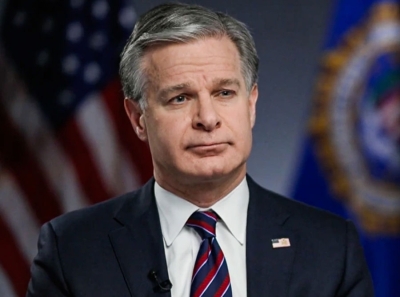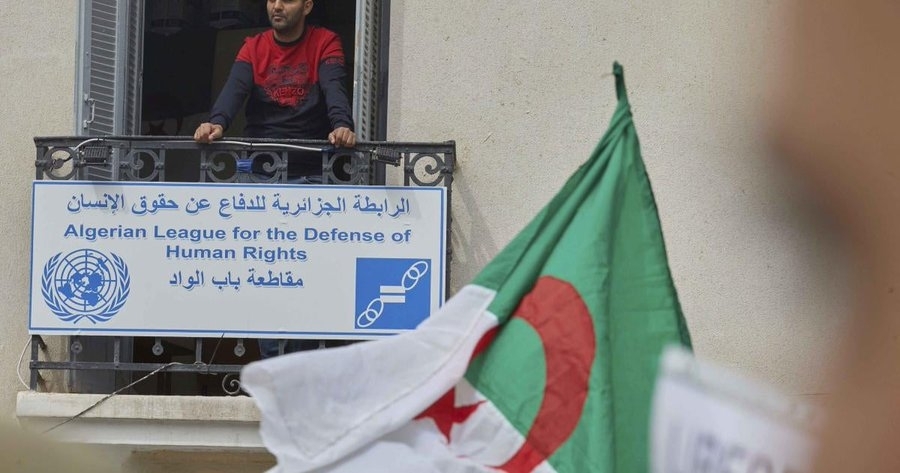The sanctions imposed on Russia after the invasion of Ukraine and the potential threat to European energy security increased the role of Algeria plays as an energy partner for several EU economies.
The EU relations with Algeria rely on an Association Agreement signed in 2002 and entered into force in 2005. In 2015, Algeria officially expressed its willingness to re-evaluate this Agreement. The reassessment led to the adoption of priorities in 2017.
The EU is its most important trading partner of Algeria. It receives almost two-thirds of its exports, mainly hydrocarbons and mining products (93.5%) and chemical products (3.3%). Moreover, Algeria relies on EU economic, technical, and technological support, importing machinery and transport equipment, agricultural products and raw materials, and chemicals. At the end of 2019, the EU investments in Algeria were at 14,5 billion euros.
According to the Association Agreement, the EU supports economic transition and diversification and finances several programmes in Algeria.
Nevertheless, Algeria is a privileged partner of Russia in the Mediterranean and the Maghreb, as it was during the period of the Soviet Union. In fact, since the 1962 Independence, the country was trapped in the orbit of the Soviet world on the political, economic, and diplomatic levels.
On November 2022, 17 European Parliament lawmakers addressed a letter to the European Commission President Ursula von der Leyen requesting the revision of the Agreement. The MEPs argued that the regime of Algiers offers political, logistical, and financial support to Russia’s invasion of Ukraine.
The initiative, led by the former Prime Minister of Lithuania Andrius Kubilius, expresses deep concern over the increasingly tight relationship between Russia and Algeria.
Since the War of Independence in the 1950s, Algeria and the Soviet Union were close allies. The Soviet Union supported the Algerian regime considering it a significant ally in the western Mediterranean and North African area. The politics and economy of the country copied the institutions of the Soviet-controlled world in Europe. Algeria failed to adopt democratic and free economic structures after the collapse of the USSR. In addition, the country remained a close ally of Moscow on diplomatic and military levels (Russia significantly supports Algiers in its demand to join BRICS – Brazil, Russia, India, China, and South Africa).
Moreover, the regime established by President Abdelmadjid Tebboune persecutes free speech, promotes extreme nationalism, and considers any criticism motivated by hostile foreign forces.
A practically pro-Russian vote to the UN
Algeria was among those countries that refused to vote for the UN resolution of 2 March 2022, calling for Russia to stop immediately using violence against Ukraine. On 7 April, Algeria again refused to vote in favour of the suspension of Russian membership in the Human Rights Council (HRC). Not enough! Again, on 12 October, Algeria also refused to vote for the UN resolution condemning the annexation of the Ukrainian regions occupied by Russia.
In eight months, the regime of Algiers expressed its support for the war of Vladimir Putin in Ukraine three times!
Algeria’s military cooperation with Moscow
The Algerian army is among the strongest in the African continent. The officers are in several ways connected to Russia (studies, ideological reasons, hate of the West, etc.).
The country regularly buys armaments and military systems from Russia. Although it is technologically old equipment by Western standards, it makes Algeria prevail over any rival in the region. In addition, the Algerian army participates in the Kremlin’s military exercises, as it did last September in eastern Russia.
This entanglement with Moscow provides Tebboune’s regime with support and protection. Russian forces also participated in a joint military exercise close to the Moroccan borders.
The People’s Democratic Republic of Algeria is the third largest client of Russian military equipment globally. Now a new military agreement between Moscow and Alger is in the making.
The two partners do not hide their willingness to strengthen their military cooperation.
On 27 February 2023, Nikolai Patrushev, the secretary of the Security Council of Russia and one of the more violent critics of the EU and the West, was on an official visit to Algiers and met the Chief of Staff of the People’s National Army, Saïd Chengriha. The parts discussed how to reinforce military cooperation between the two countries.
Moreover, the President of Algeria plans to visit Putin in Kremlin to discuss a new military agreement and sign a new strategic partnership document replacing the one signed in 2001. According to Foreign Minister Ramtane Lamamra the visit will open a new phase in Moscow-Algiers relations.
Against democratic rights and a free economy
Since President Tebboune seized power in 2019, democratic institutions have vanished, free speech suppressed, and political parties banned. The regime has dissolved several civil society organizations since 2021. According to Amnesty International, in October 2021, a court ordered the dissolution of the Youth Action Rally (Rassemblement Action Jeunesse, or RAJ). Caritas, the Catholic Church charity, announced its shutdown in September 2022 due to government accusations of providing medical assistance and services to migrants. Many cultural associations also were suppressed by the authorities. Then in January 2023, the Algerian League for the Defence of Human Rights (LADDH) was dissolved.
On the economic level, the old Soviet mentality persists in all levels of administration. Vast corruption prevents development. Authorities show hostility towards the private sector, impeding modernity and treating private entrepreneurs as enemies.
The Agreement with the EU under question
After the Russian invasion of Ukraine, Algeria upgraded its status as an energy supplier to many EU member states. Italy signed several memoranda and agreements for gas supply. France also found the opportunity to renew its relations with Algiers. Spain also secures gas supply through the Maghreb-Europe pipeline.
Without neglecting its commitments towards Kremlin and re-consider its military cooperation with Russia, Algeria wants to have a privileged relationship with the EU on economic and technological levels because it needs the EU. However, Algiers cannot play on two fields.
Has Algeria the right to design its foreign policy independently and far from foreign interference? The answer is: yes.
However, the Association Agreement includes “common priority themes” concerning the political dialogue, the rule of law, human rights, security, the promotion of fundamental rights, and the free economy.
Also, if Algeria wants EU support cannot continue to be a Russian proxy in the Western Mediterranean and the North-western African desert.
As the Algerian President will visit Moscow soon, and the agenda of the Tebboune-Putin meeting is not secret, the EC should consider the letter of the 17 MEPs and reassess the EU-Algeria Agreement.
